10 ways Israel has improved the world… this year alone!
From a device which creates water from thin air to an algorithm that predicts the emergence of tuberculosis, we look at the Jewish state's top scientific advancements in 2019!
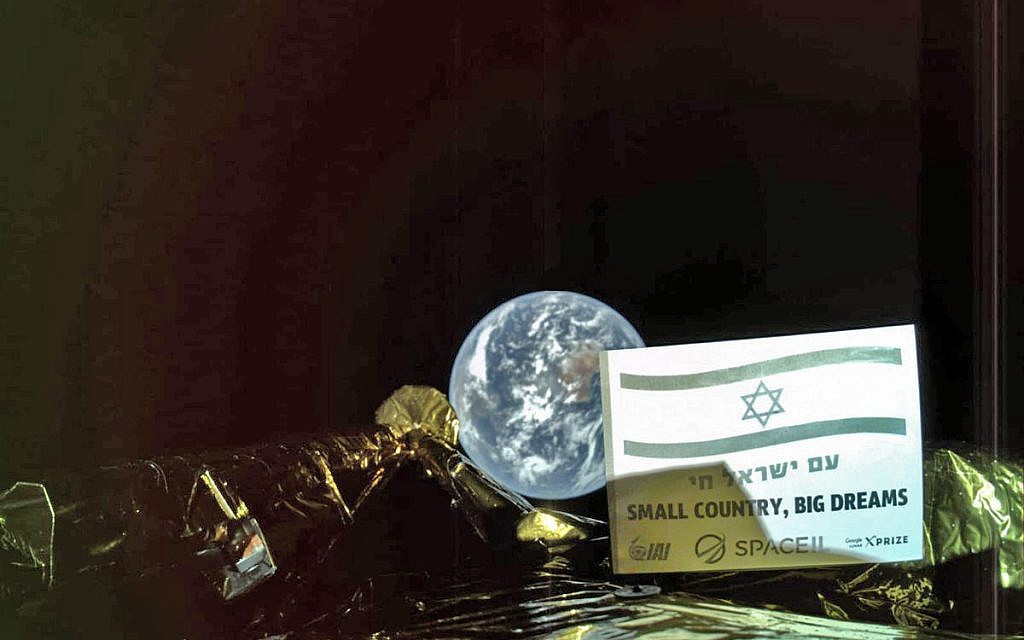 A picture of the Earth taken aboard Beresheet
A picture of the Earth taken aboard Beresheet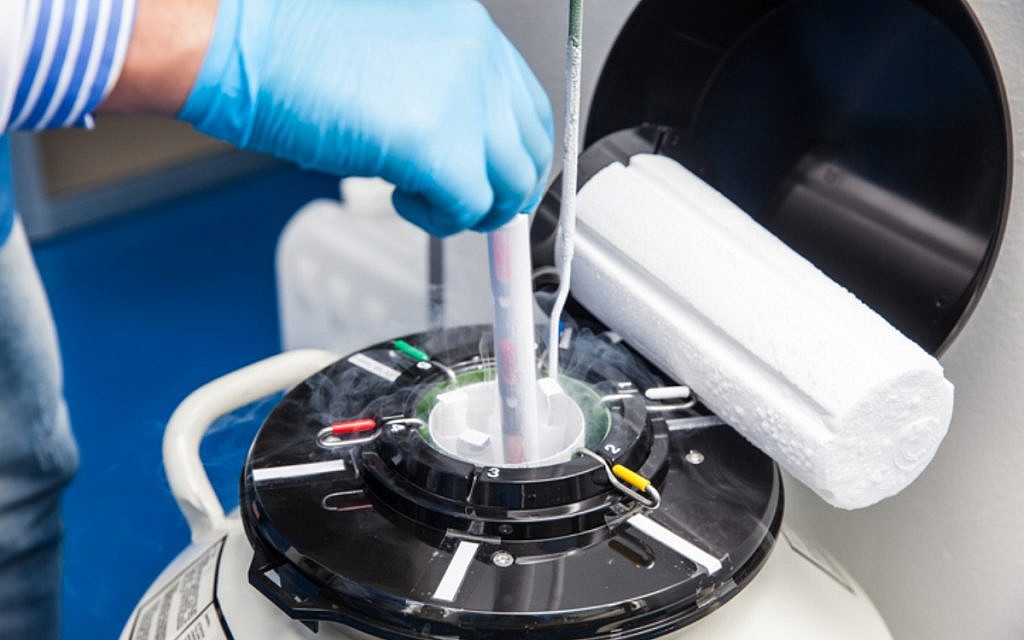 Liquid nitrogen cryogenic tank at life sciences laboratory
Liquid nitrogen cryogenic tank at life sciences laboratory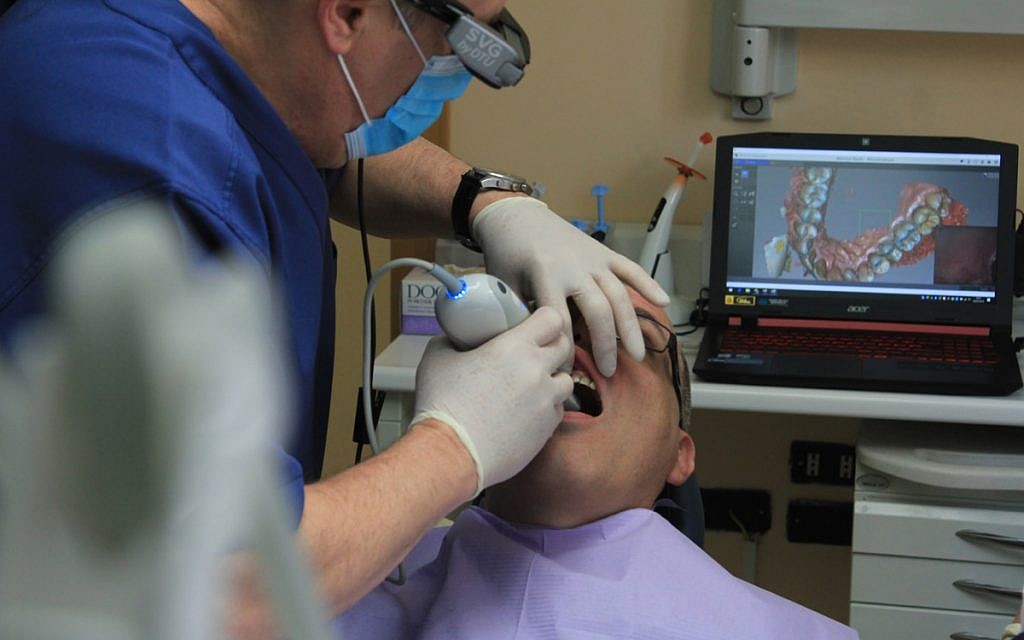 Peptos is dual-function and set to be used in dentistry and orthopaedics
Peptos is dual-function and set to be used in dentistry and orthopaedics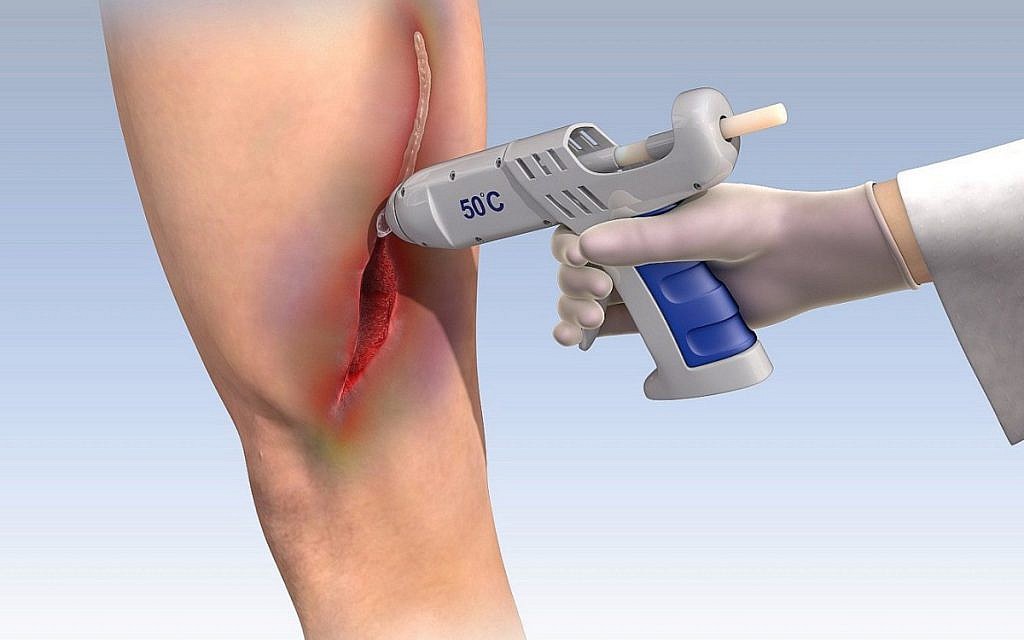 Researchers at Technion think they may have found a work-around a painful combination of pins and stitches
Researchers at Technion think they may have found a work-around a painful combination of pins and stitches BioCatch says its biometric analysis of behavioural patterns can now be used to alert banks to scams
BioCatch says its biometric analysis of behavioural patterns can now be used to alert banks to scams Eviation Alice
Eviation Alice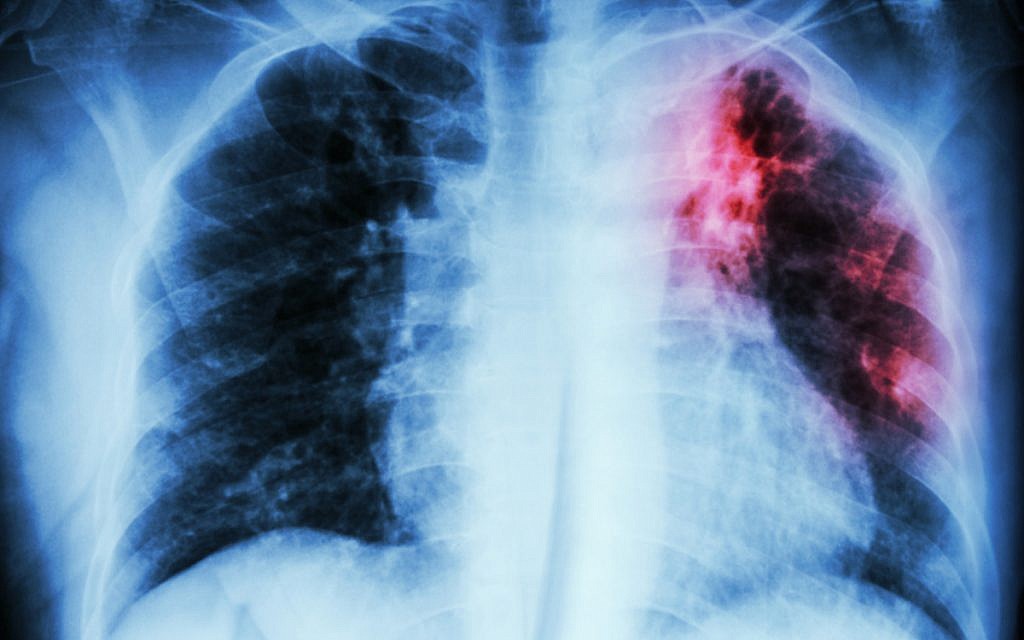 Pulmonary Tuberculosis
Pulmonary Tuberculosis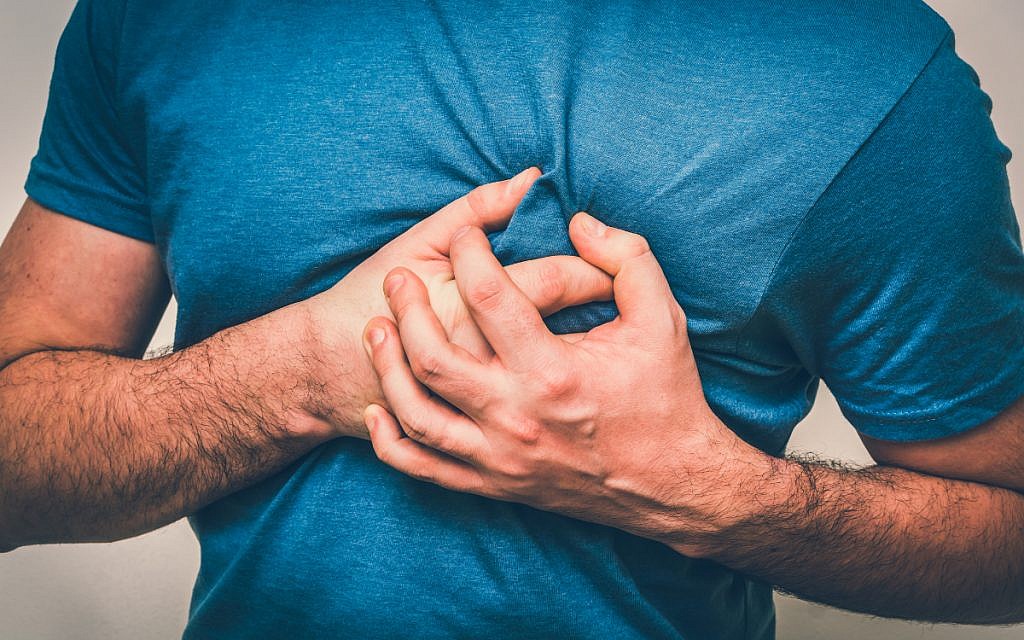 Kit from Magenta Medical could save lives, allowing heart muscles to rest while still pumping blood
Kit from Magenta Medical could save lives, allowing heart muscles to rest while still pumping blood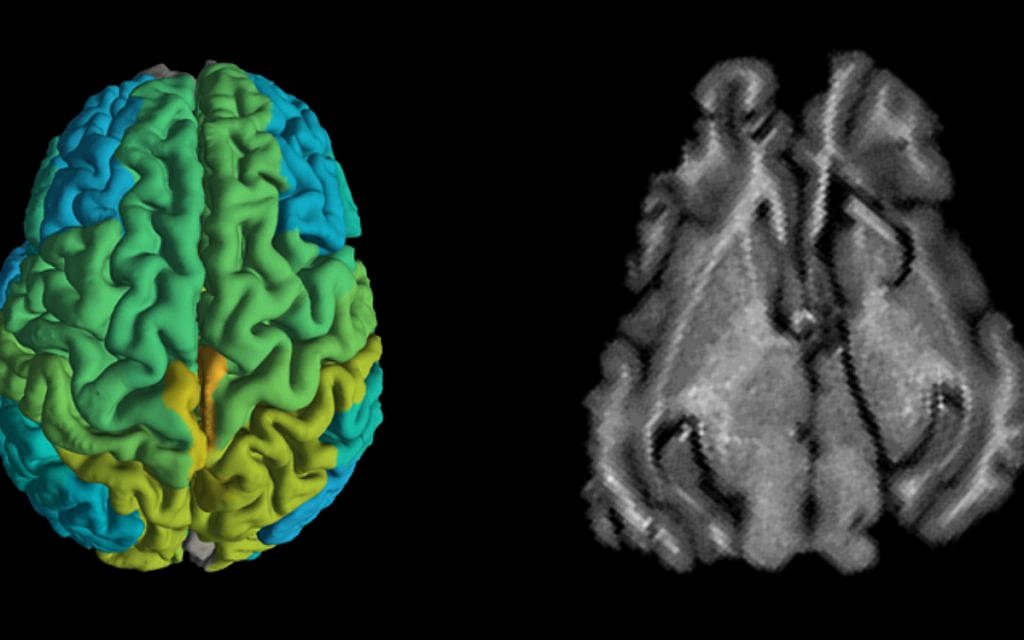
 Sierra Leone students enjoying clean water thanks to Israeli technology!
Sierra Leone students enjoying clean water thanks to Israeli technology!
Whether it’s making drinking water from thin air or sending a private spacecraft to the moon, Israelis have never let bad odds beat them, so it was no surprise when Israel edged into the Top 10 of this year’s Global Innovation Index for the first time. Here, David Legmann takes a look at some of the more out-there ideas emanating from the Jewish state that may just change the world.
1. Using the sun’s heat to create water from thin air
About four-fifths of what we breathe is nitrogen, but the other fifth is oxygen, which makes up a third of water, so it was only a matter of time before Israelis started using the sun to extract drinking water from the atmosphere in any given climate.
Get The Jewish News Daily Edition by email and never miss our top stories Free Sign Up
The break-through came via researchers at the Technion Institute of Technology, and could be of immense value in regions that lack easily-accessible water resources, such as arid sub-Saharan countries.
How does it work? ‘Phase Exchange Thermoacoustics’ converts the sun’s energy into acoustic waves which then cool down atmospheric water vapour, causing it to rapidly condense into drinking water. It’s so easy, why didn’t we think of that.

2. MRI scanner capable of detecting Alzheimer’s
Many of us have had an MRI scan. Essentially a large tube containing powerful magnets, MRIs typically scan parts of the body such as the brain, bones, spinal column, vital organs and blood vessels.
Now some clever Israelis at the Hebrew University of Jerusalem have come along and suggested that it might be used for identifying diseases such as Alzheimer’s and Parkinson’s. It’s all based on mathematical models, which work by identifying abnormal molecular compositions of brain cells. These in turn indicate a disease, distinguishable from normal ageing patterns.
Using MRI scanners to analyse the brain’s molecular composition is unprecedented, and marks a significant development in medicinal science if implemented more widely. It could even revolutionise the way age-related diseases are diagnosed.
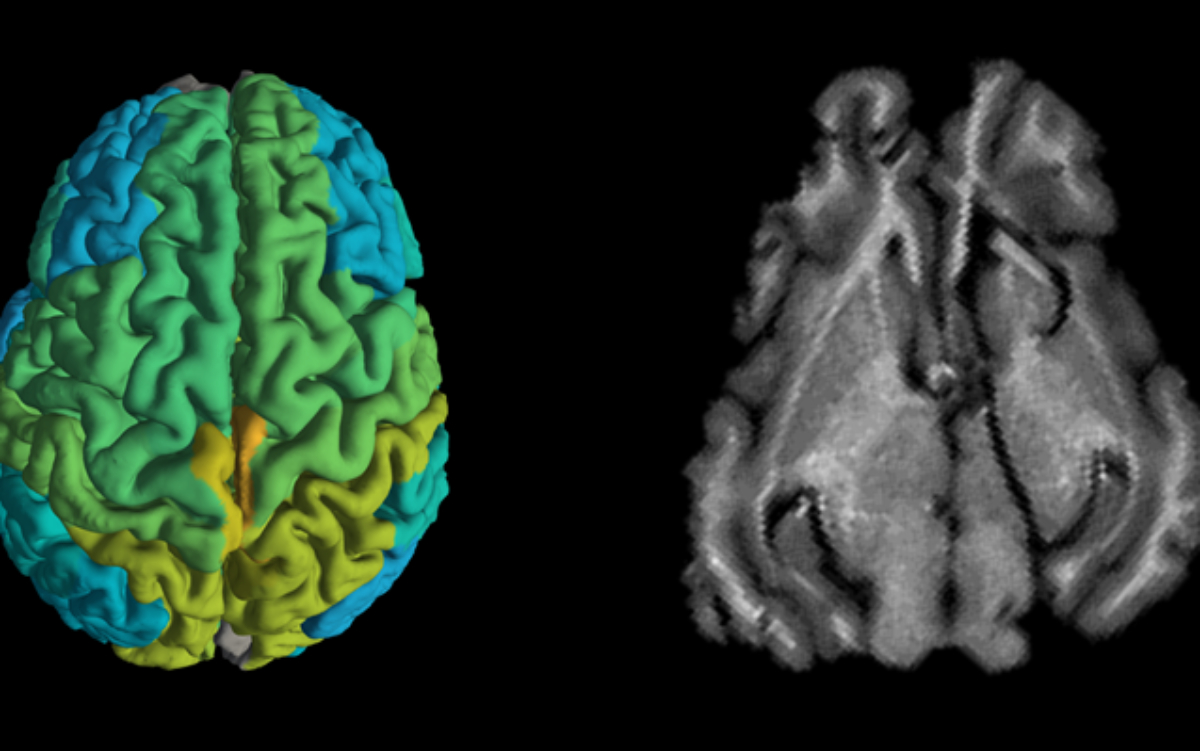
3. Miniature blood-pump to cure heart failure
We all know the heart pumps blood around the body, and that if it ever stops, we’re in trouble. But did you know that there is a start-up company based in Kadima that is developing a mini blood pump inside the heart that takes over if needed?
If it makes its way through all the clinical trials and into production, this amazing bit of kit from Magenta Medical known as the Left Ventricular Assist Device could save lives, allowing heart muscles to rest while still pumping blood. The idea is that the pump is then removed once the heart is repaired.
As the rate of heart disease in developed countries continues to skyrocket, the progress of this little device is definitely something to watch.
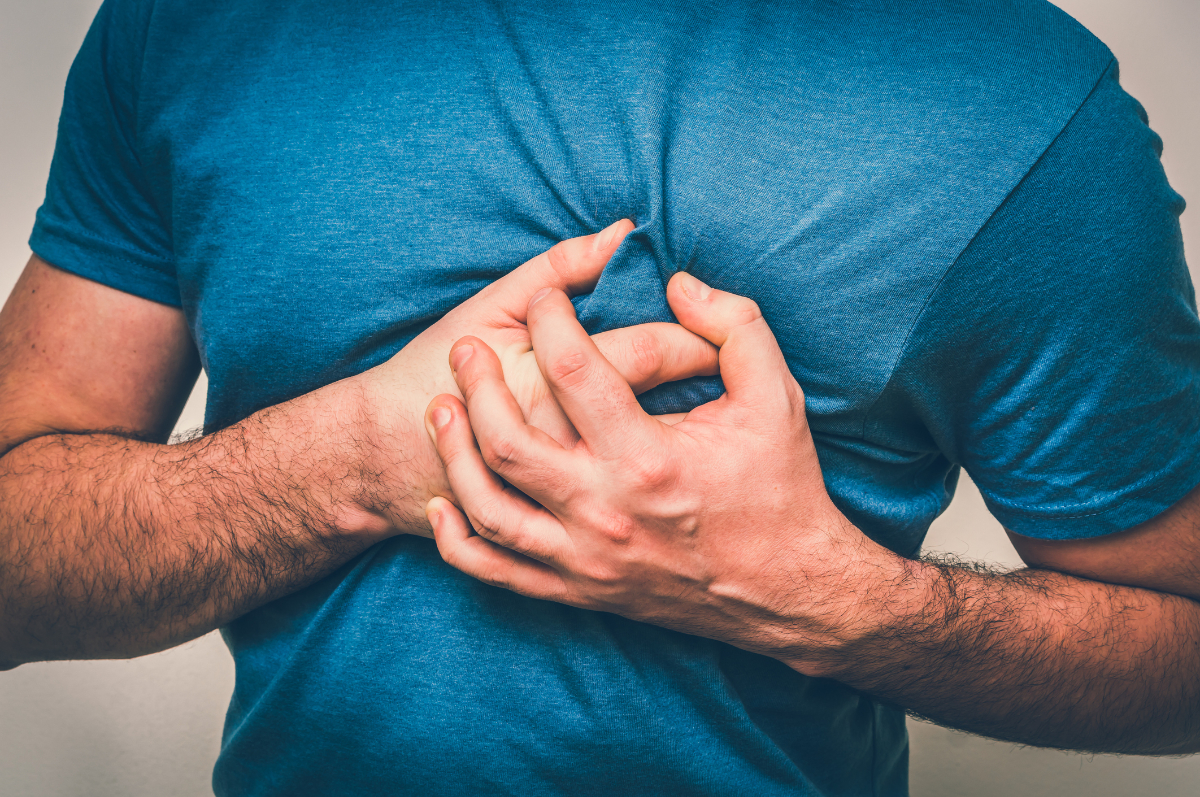
4. Algorithm to predict emergence of tuberculosis
Tuberculosis has now passed AIDS as the world’s leading infectious cause of death, killing an estimated 4,500 people every day, so it was nothing if not timely when researchers at the Weizmann Institute of Science recently developed an advanced algorithm to predict the onset of bacterial diseases.
These tenacious Israelis now think they can predict the emergence of bacterial diseases like TB and salmonellosis before symptoms appear, by monitoring the reactions of immune blood cells to bacteria, shortly after a suspected infection.
The algorithms were developed by analysing how different types of immune cells respond to bacterial infection, and to what extent they were affected. It is the first time in history that bacterial impacts were observed for each type of immune cell.

5. World’s first all-electric commuter airplane
The world’s going electric – with cars, anyway. Why only cars? That’s the kind of question an Israeli would ask.
In yet another first, Israel’s Eviation Aircraft has created an all-electric commuter plane – aka the ‘Eviation Alice’ – which it exhibited for the first time at the Paris Air Show in June. If all goes well, the firm hopes to start manufacturing the nine-seater e-plane commercially by 2021.
The 12m x 16m craft has one propeller on each wing, plus another at the back, behind the rear fuselage. It has a cruising speed of 300 mph, with a maximum speed of 391 mph, and costs about £3 million. For a step into the future, that’s a bargain.

6. Biometric ruse to target scammers
Scammers are getting cleverer, but so too are Israeli technologists at BioCatch, who have come up with a novel way of detecting online intruders who would otherwise slip past your computer’s software protections.
The firm says its biometric analysis of behavioural patterns can now be used to alert banks to scams. The software works by setting tripwires for unusual human behaviour, such as atypical mouse or keyboard movements.
It was developed by observing the differences between normal client interactions with banks, and abnormal client interactions with fraudsters. Those differences in behavioural patterns were then translated into algorithms, which act as another trapdoor into which many a scammer will hopefully fall.

7. New medical glue for inside the body
When bodies break medics often need to employ a painful combination of pins and stitches, but researchers at the Technion Institute of Technology think they may have found a work-around, using a special internal glue.
Applied via a glue-gun, this non-toxic yet flexible and entirely biodegradable substance is unlike any other medical glue yet developed, say the boffins, because its non-toxic properties allow it to be used for internal injuries, such as organ ruptures, as well as external ones.
It is applied to a wound in a liquid state but later solidifies. Even more impressively, the glue slowly changes shape over time as the wound heals, before gradually degrading. Soon enough we’ll all be bound together by dissolvable Israeli innovation.
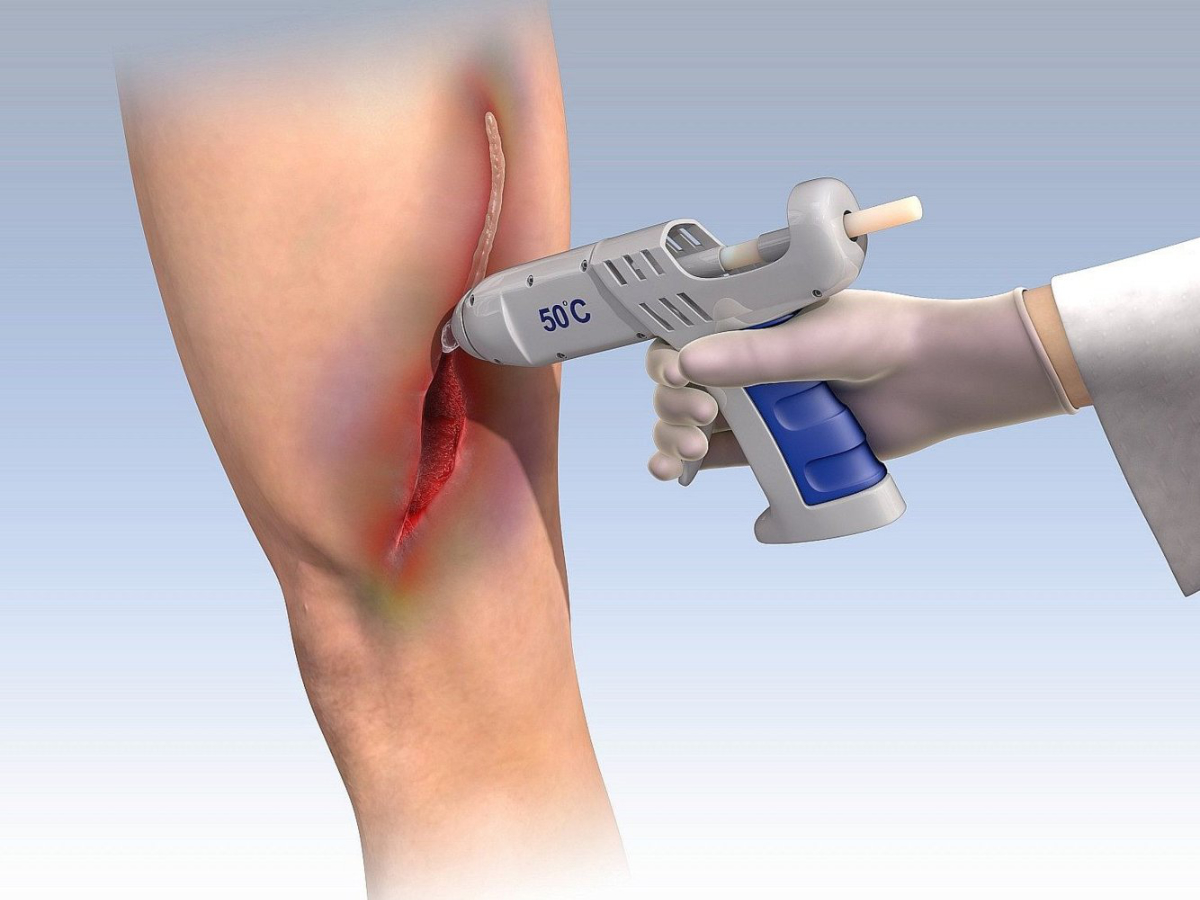
8. Pharmaceutical product to regenerate bone tissue
We have pharmaceutical products that help built or rebuild bone, and we have pharmaceutical products that deliver localised drugs, but it took a team of Israelis down in Be’er Sheva, in the Negev, to come up with a 2-in-1 combination.
Their latest product, called Peptoss, is dual-function and set to be used in dentistry and orthopaedics. Composed of a peptide (PFD5, for those who know their peptides from their riptides) it mimics the biological coding of proteins in bone tissue that promotes growth.
It can also be pre-loaded with drugs such as antibiotics to help fix other related problems, all of which marks a significant advance in bone therapy technology.
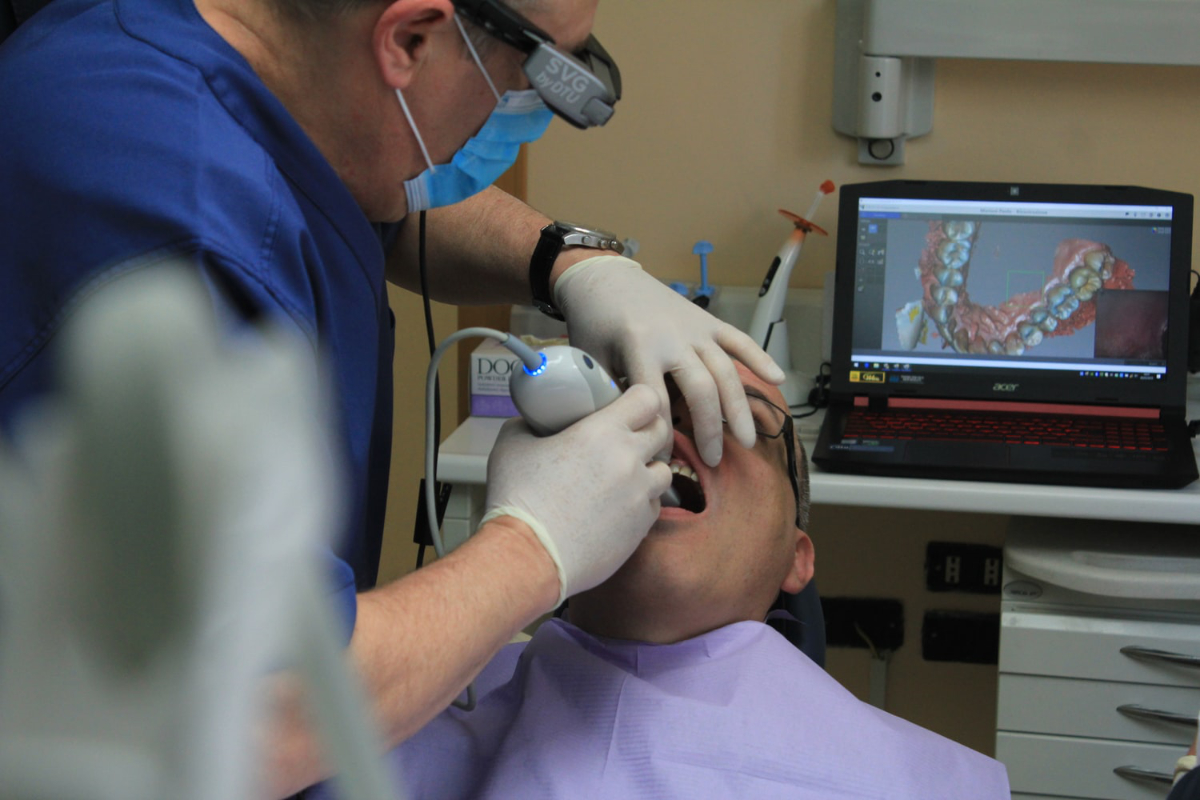
9. Embryo stem cells created from skin cells
We’ve all heard of stem cells, and many of us will know the magical properties of embryonic stem cells, which can become any cell we want, but we may also remember the horror stories in the press in the early days, when scientists were accused of ‘harvesting’ embryos for the sake of experiments.
Thankfully, science has moved on, thanks in part to researchers at the Hebrew University of Jerusalem, who can now create embryonic stem cells from any normal human skill cells, without needing to use sperm or eggs – a world first.
Their feat was achieved by identifying five genes that can be used to convert skin cells into the three different types of cells necessary for early embryonic development; those for the foetus, placenta and umbilical cord.
It could prove extremely significant – one upside is its potential to pave the way for sterile men and women to have their own children. Trust the Israelis to bring life.
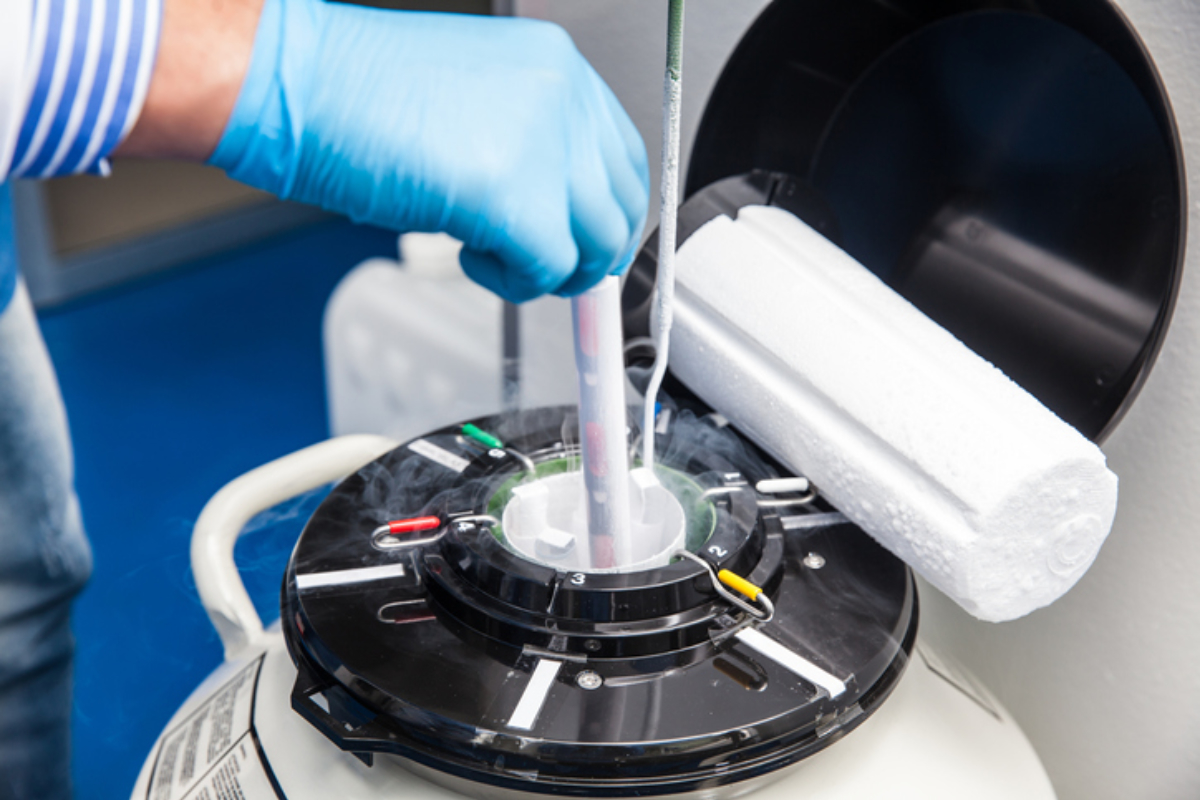
10. First ever private mission to the moon
No Top 10 Israeli innovation list in 2019 would be complete without mentioning the world’s first private lunar mission, by SpaceIL. It ended in failure, after the small spacecraft known as ‘Beresheet’ (Genesis) failed to slow sufficiently on its descent to the moon’s surface, but as a non-state exercise it broke all manner of boundaries and records in man’s march to his only satellite.
The attempt itself, powered by rocket fuel and chutzpah, was ground-breaking, and though it had no right to succeed, it very nearly did so. No other people of earth have come closer to leaving earth without the help of a government, and no other people on earth are more determined to try, try again if at first you don’t succeed.
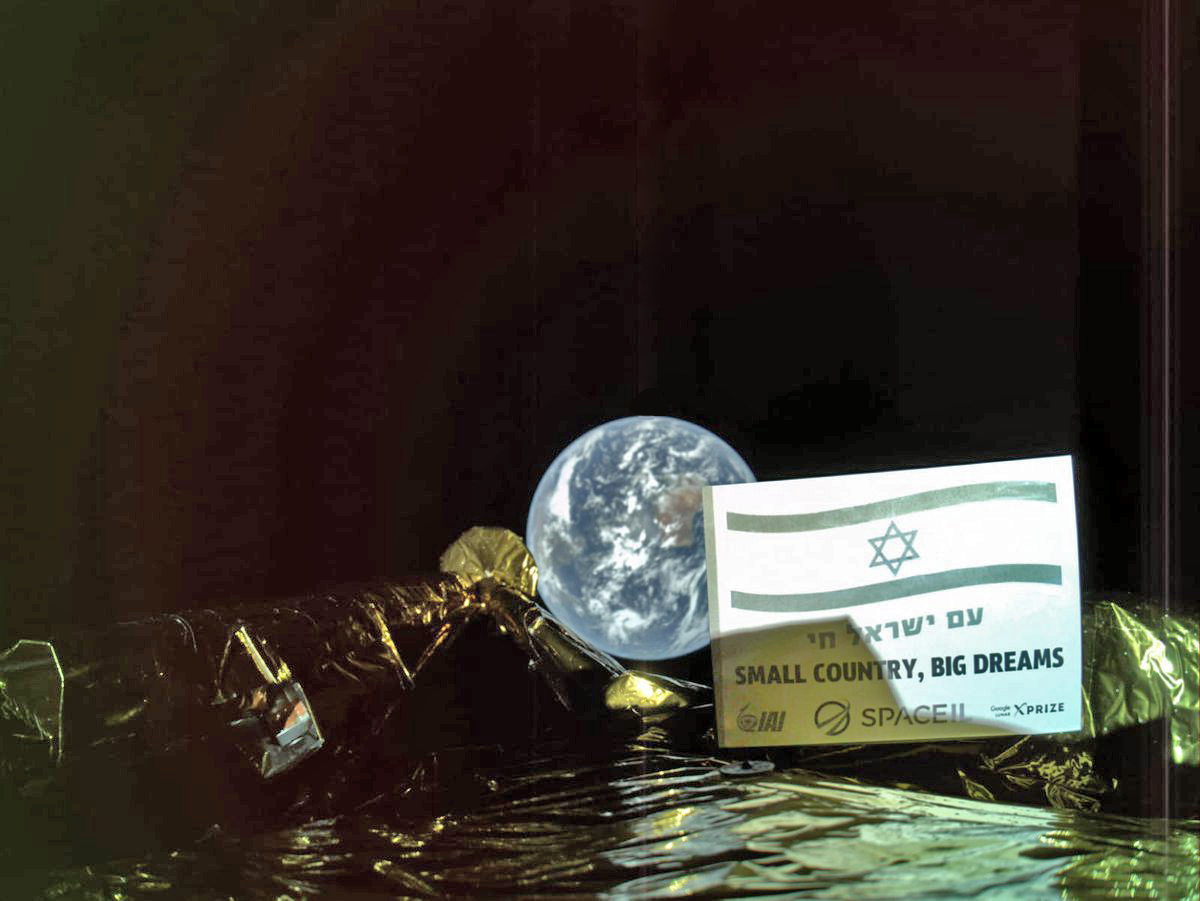

Thank you for helping to make Jewish News the leading source of news and opinion for the UK Jewish community. Today we're asking for your invaluable help to continue putting our community first in everything we do.
For as little as £5 a month you can help sustain the vital work we do in celebrating and standing up for Jewish life in Britain.
Jewish News holds our community together and keeps us connected. Like a synagogue, it’s where people turn to feel part of something bigger. It also proudly shows the rest of Britain the vibrancy and rich culture of modern Jewish life.
You can make a quick and easy one-off or monthly contribution of £5, £10, £20 or any other sum you’re comfortable with.
100% of your donation will help us continue celebrating our community, in all its dynamic diversity...
Engaging
Being a community platform means so much more than producing a newspaper and website. One of our proudest roles is media partnering with our invaluable charities to amplify the outstanding work they do to help us all.
Celebrating
There’s no shortage of oys in the world but Jewish News takes every opportunity to celebrate the joys too, through projects like Night of Heroes, 40 Under 40 and other compelling countdowns that make the community kvell with pride.
Pioneering
In the first collaboration between media outlets from different faiths, Jewish News worked with British Muslim TV and Church Times to produce a list of young activists leading the way on interfaith understanding.
Campaigning
Royal Mail issued a stamp honouring Holocaust hero Sir Nicholas Winton after a Jewish News campaign attracted more than 100,000 backers. Jewish Newsalso produces special editions of the paper highlighting pressing issues including mental health and Holocaust remembrance.
Easy access
In an age when news is readily accessible, Jewish News provides high-quality content free online and offline, removing any financial barriers to connecting people.
Voice of our community to wider society
The Jewish News team regularly appears on TV, radio and on the pages of the national press to comment on stories about the Jewish community. Easy access to the paper on the streets of London also means Jewish News provides an invaluable window into the community for the country at large.
We hope you agree all this is worth preserving.
- David Legmann
- MRI
- Technion Institute of Technology
- Phase Exchange Thermoacoustics
- Alzheimer
- hebrew university of jerusalem
- kadima
- Magenta Medical
- Left Ventricular Assist Device
- Aids
- Tuberculosis
- weizmann institute of science
- salmonellosis
- Eviation Aircraft
- Eviation Alice
- BioCatch
- Be’er Sheva
- negev
- Peptoss
- PFD5
- SpaceIL
- Beresheet
- Features
- News Features
-
By Brigit Grant
-
By Laurent Vaughan - Senior Associate (Bishop & Sewell Solicitors)
-
By Laurent Vaughan - Senior Associate (Bishop & Sewell Solicitors)
-
By Laurent Vaughan - Senior Associate (Bishop & Sewell Solicitors)
-
By Laurent Vaughan - Senior Associate (Bishop & Sewell Solicitors)





















